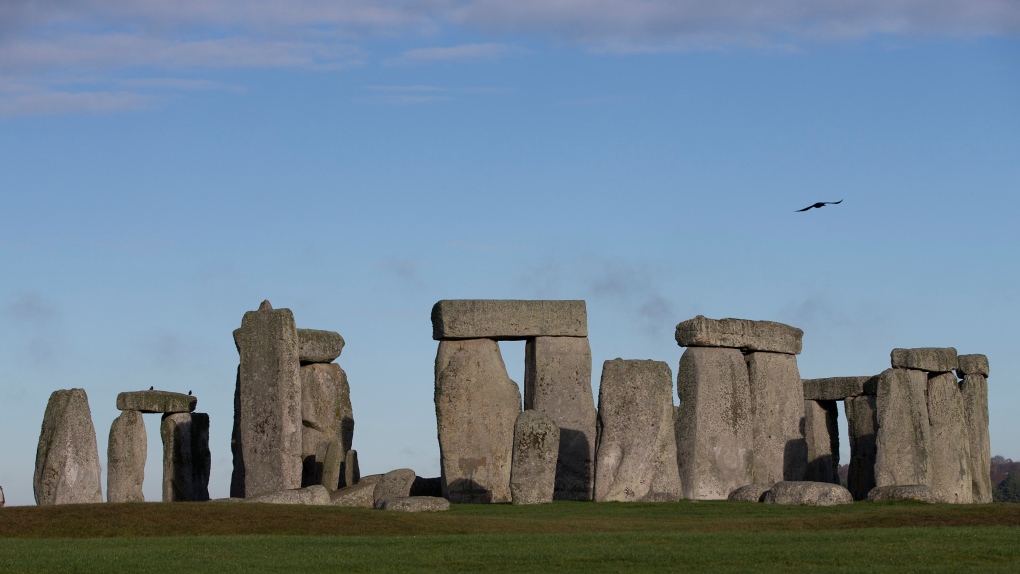Stonehenge's purpose has long been a mystery, with some researchers proposing that it may have been an ancient solar calendar. But now, new analysis suggests the calendar theory is unsubstantiated.
In a paper published last Thursday in the journal Antiquity, archeo-astronomers Giulio Magli and Juan Antonio Belmonte offered a rebuttal to an Antiquity paper published last year, which suggested Stonehenge's massive sandstone blocks known as "sarsens" corresponded to a calendar keeping track of a year lasting 365.25 days.
The 2022 paper argued that the sarsen stones corresponded to 12 months, each consisting of 30 days that were divided into three 10-day “weeks.” According to the paper, Stonehenge’s sarsens were added during the same phase of construction and were sourced from the same area and remained in the same position – suggesting they were meant to work as a single unit.
But Magli and Belmonte say the number 12 isn't recognizable anywhere in the monument, and that these theories amounted to "numerology," which refers to pseudoscientific interpretations of how numbers shape the world.
"The aim of the present letter is to show that this idea is unsubstantiated, being based as it is on a series of forced interpretations, numerology, and unsupported analogies with other cultures," Magli and Belmonte wrote.
Stonehenge does align with the sun on both the winter and summer solstices, suggesting that there was a "clear, symbolic interest of the builders to the solar cycle," the authors write.
"However, this is, of course, very far from saying that the monument was used as a giant calendrical device," they added.
The 2022 paper suggested the Neolithic builders of Stonehenge took inspiration from the ancient Egyptian calendar, which was also a solar calendar. But the Egyptian calendar only had 365 days in a year and had no leap years, meaning it would eventually go out of sync with the seasons.
Leap years only came into fruition after the adoption of the Julian calendar under the Roman Empire. According to the 2022 paper, the builders of Stonehenge not only learned about the Egyptian calendar, but improved upon that calendar 2,600 years before the Romans did --- a claim that is without any archeological proof, according to Magli and Belmonte.
On top of this, Magli and Belmonte say archeological evidence suggests most Neolithic societies, with the exception of the Egyptians and the Mayans, would've used lunar calendars. Having a solar calendar properly aligned with the seasons would've required a device with precision, such as a sundial, but the authors emphatically write, "Stonehenge is, evidently, not such a device!"
"We believe that matters such as ancient calendars, alignments and cultural astronomy should be reserved to specialists, to experienced people who have trained in the adequate dominion on the subject, and not left to enthusiasts, even if those same enthusiasts are renowned and knowledgeable specialists in their own field," they said.
With files from former CTVNews.ca writer Christy Somos








































